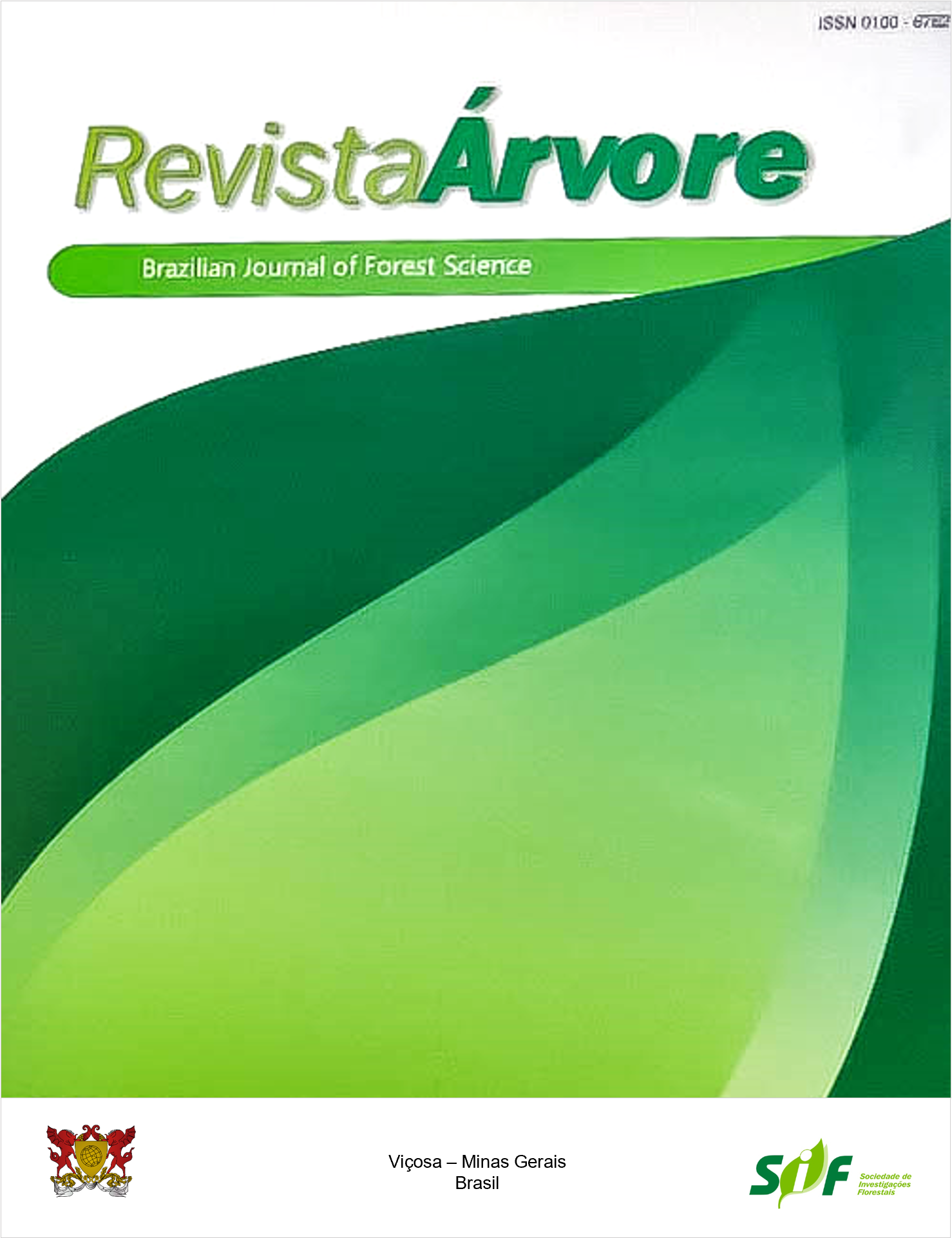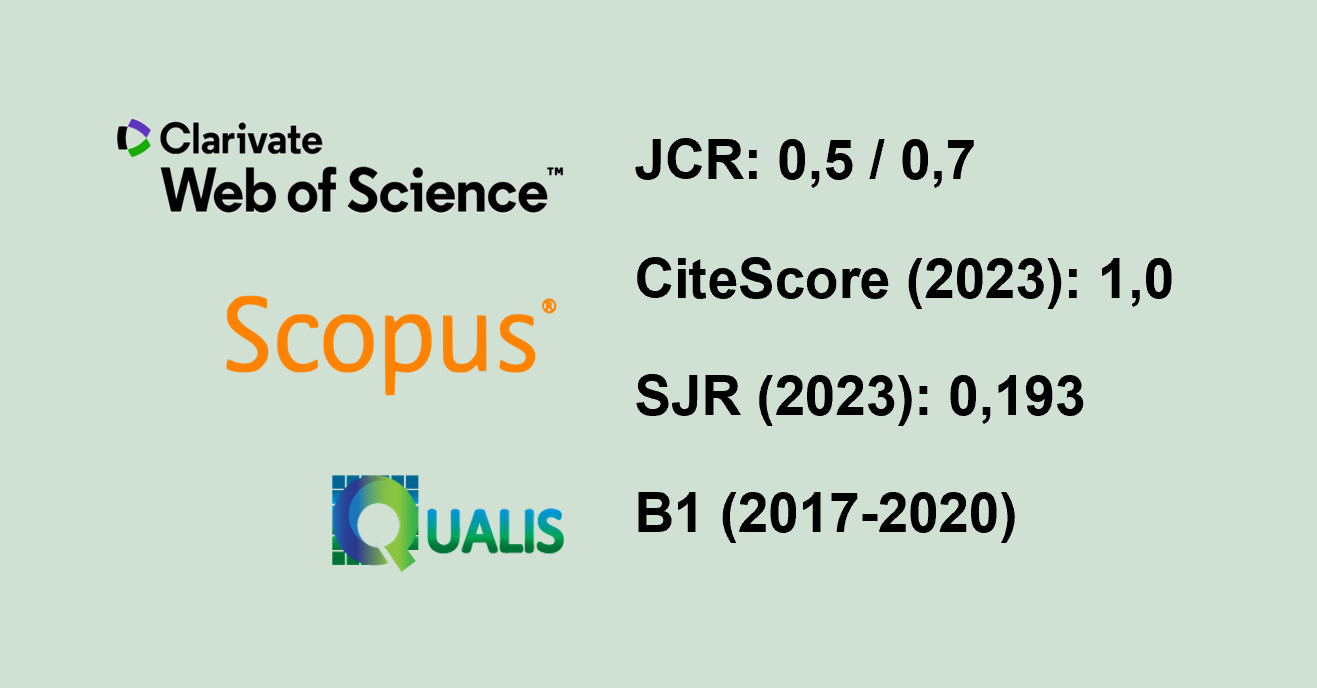REDUCED-IMPACT LOGGING BY ALLOCATING LOG-DECKS USING MULTI-OBJECTIVE EVOLUTIONARY ALGORITHM IN WESTERN AMAZON
Keywords:
Forest management, Forest planning, MetaheuristicsAbstract
To reduce the damage caused by logging in the Amazon rainforest, new metaheuristics have been implemented and tested to ensure the sustainability of this economic segment. Therefore, this study aimed to compare alternatives for road sizing and log deck allocation. In a forest management unit, the skidding to log decks was evaluated in two different areas. To determine the skidding/log deck relation, georeferenced points were generated equally spaced every 50 m. In area 1, the Integer Linear Programming (ILP) model and the Multi-Objective Evolutionary Algorithm (MOEA) were compared. In area 2, only the MOEA was considered. In both areas, these models were also compared to the current planning used in the forest management unit. Solutions were then generated to identify the best management alternative. In both areas, the MOEA showed greater efficiency regarding the processing time, as well as the reduction of log decks number and the road sizing. The multi-objective evolutionary approach assists the decision-making process, due to the presentation of alternatives based on Pareto-optimal solutions, making the choice more flexible and well supported.
Keywords: Forest management; Forest planning; Metaheuristics
Downloads
Published
How to Cite
Issue
Section
License
Copyright (c) 2021 Revista Árvore

This work is licensed under a Creative Commons Attribution 4.0 International License.
All authors agreed to submit the work to Revista Árvore and granted the exclusive license to publish the article. The authors affirm that it is an original work and has not been previously published elsewhere. The scientific content and opinions expressed in the article are the sole responsibility of the authors and reflect their opinions, not necessarily representing the opinions of the editorial board of Revista Árvore or of the Society of Forest Investigations (SIF).




